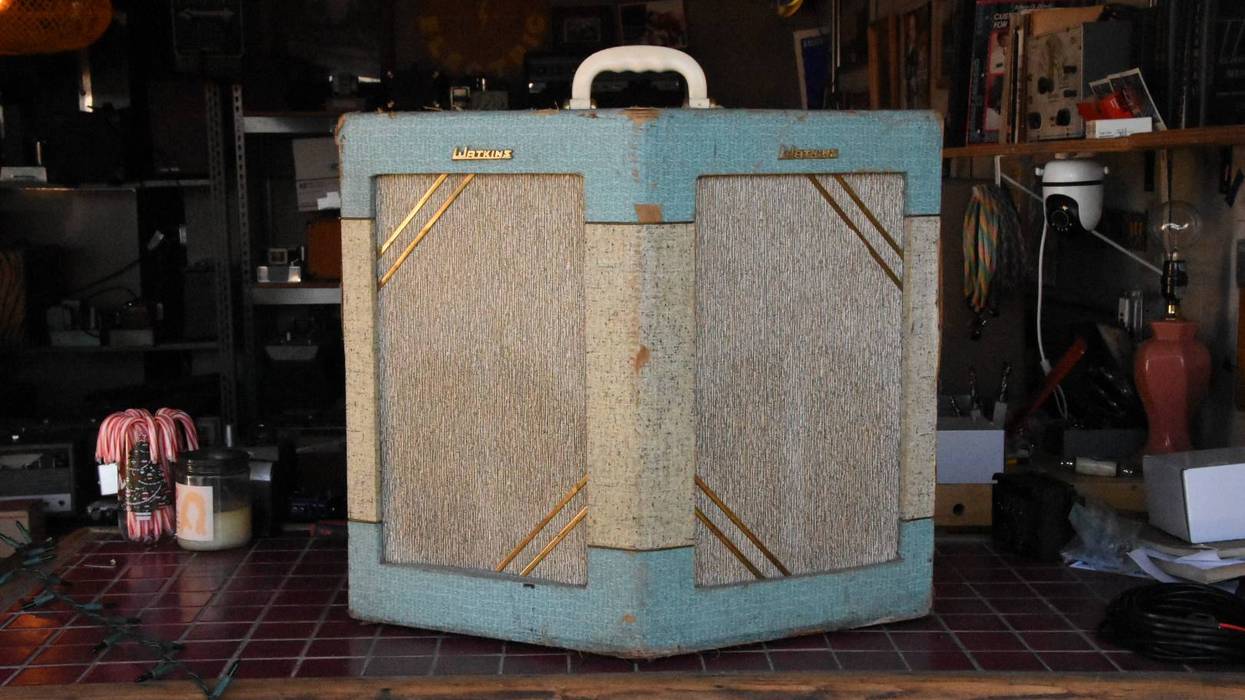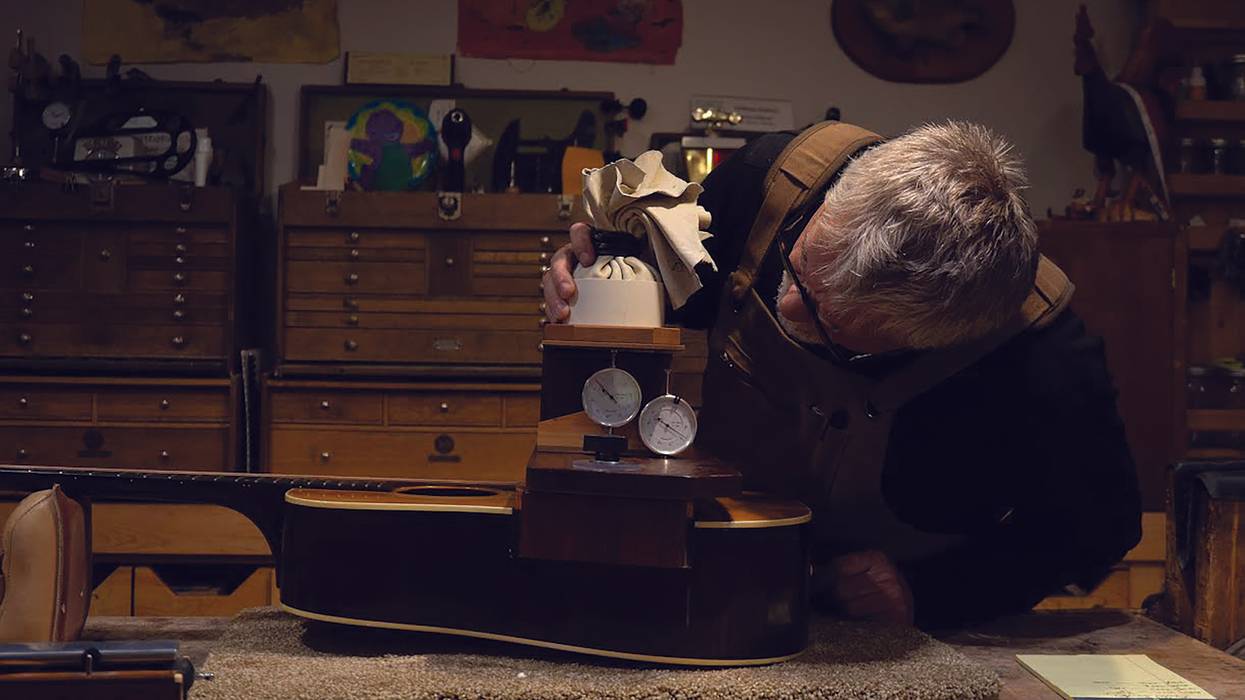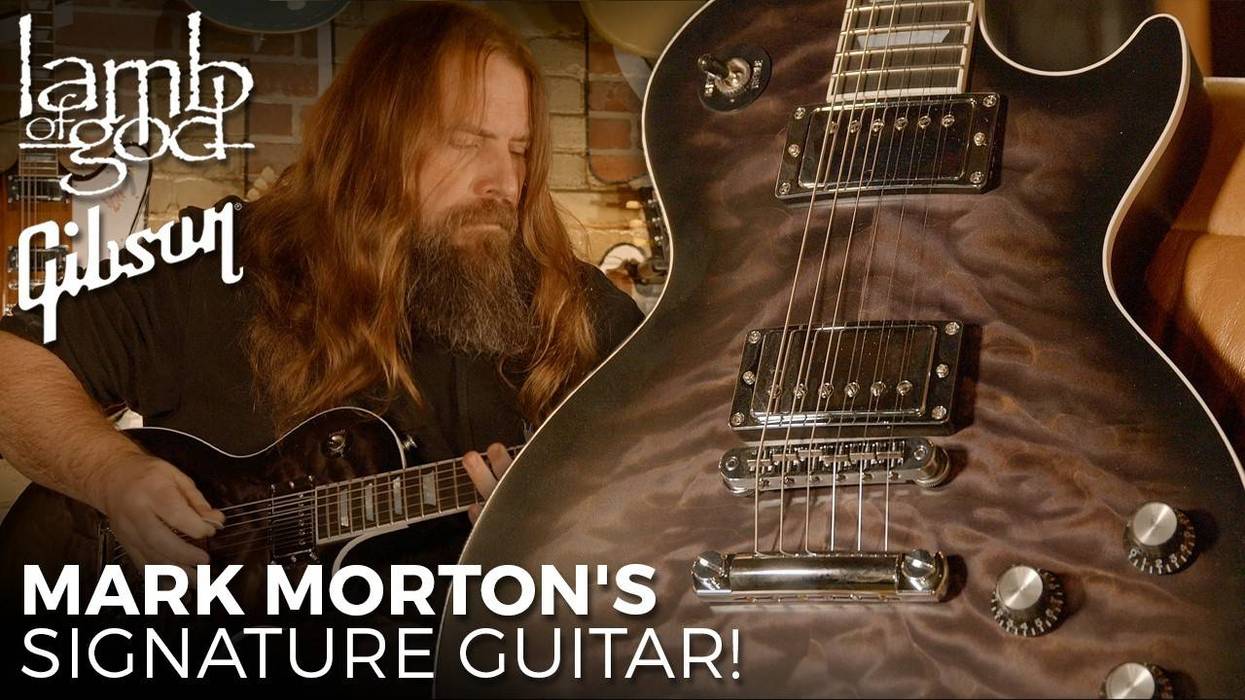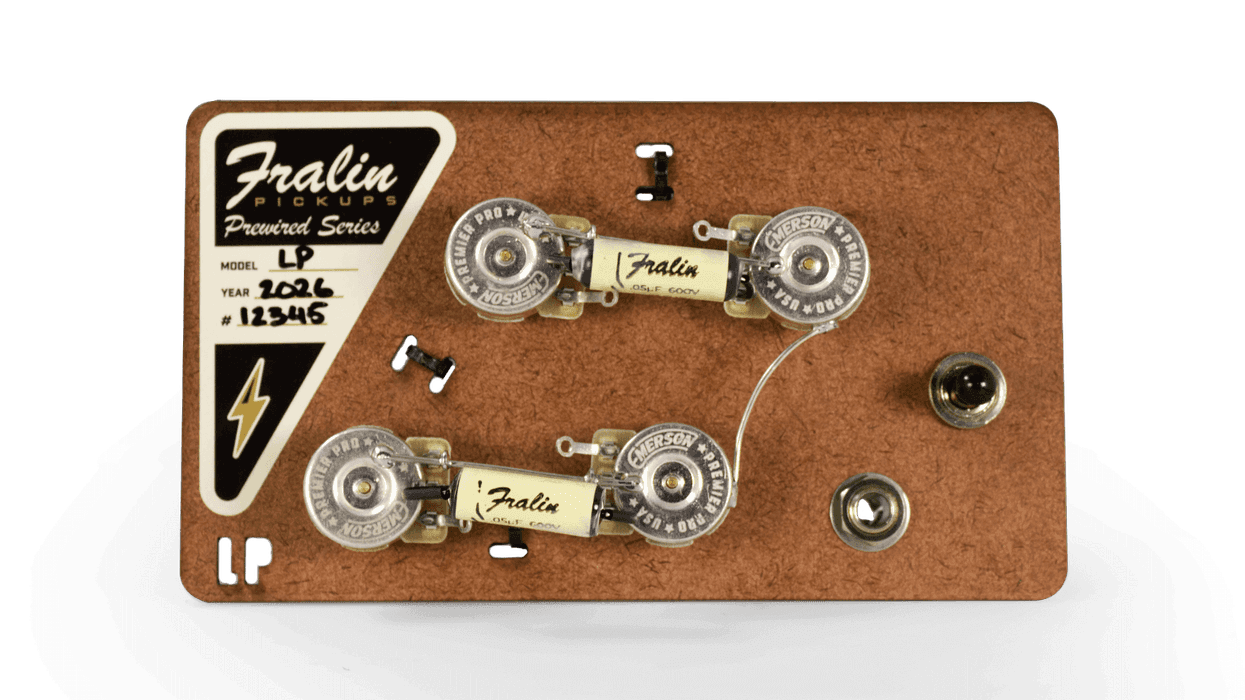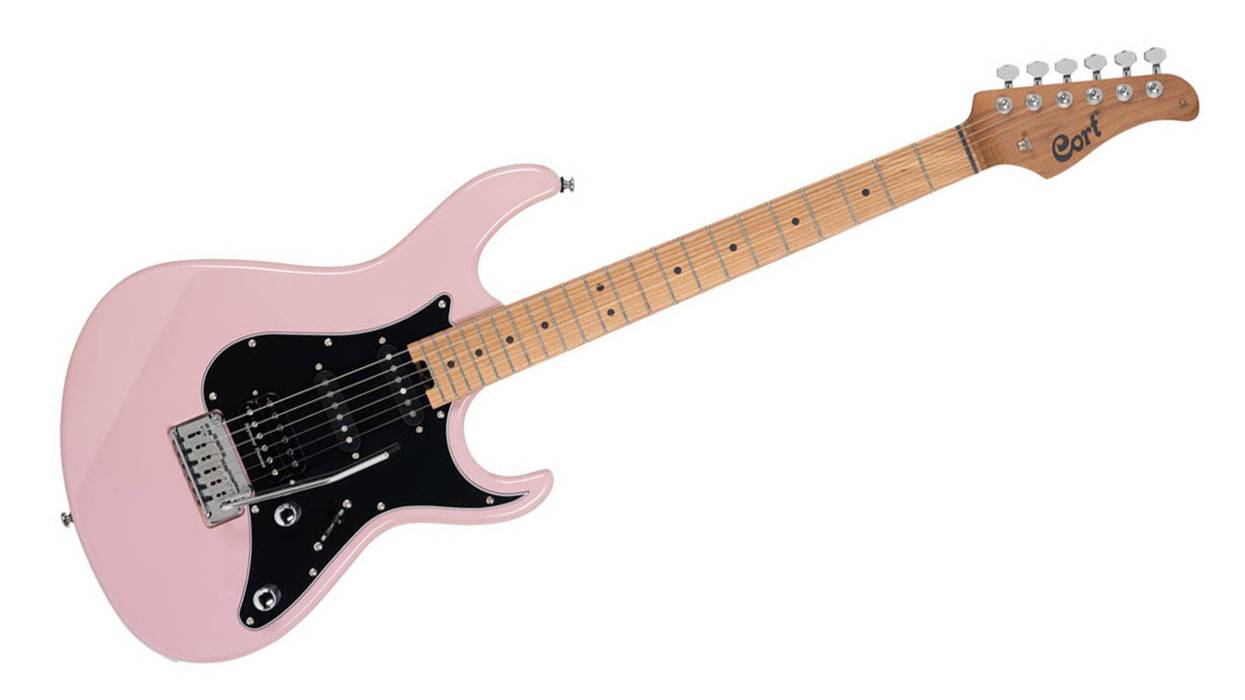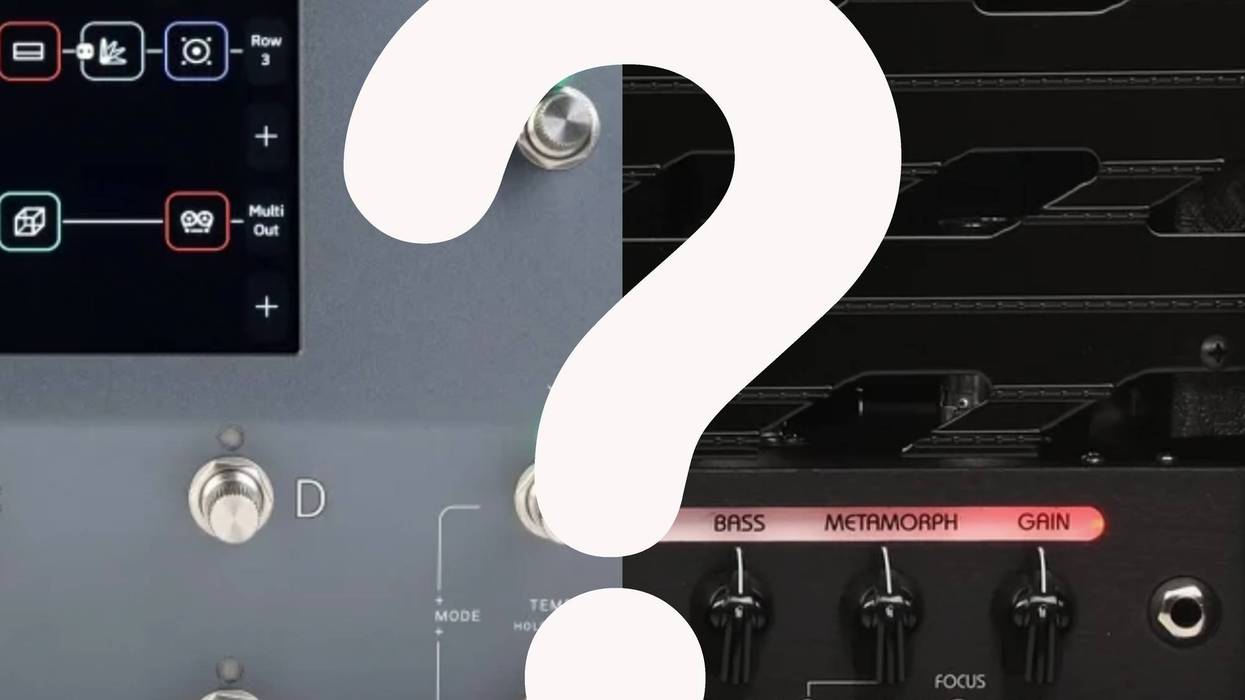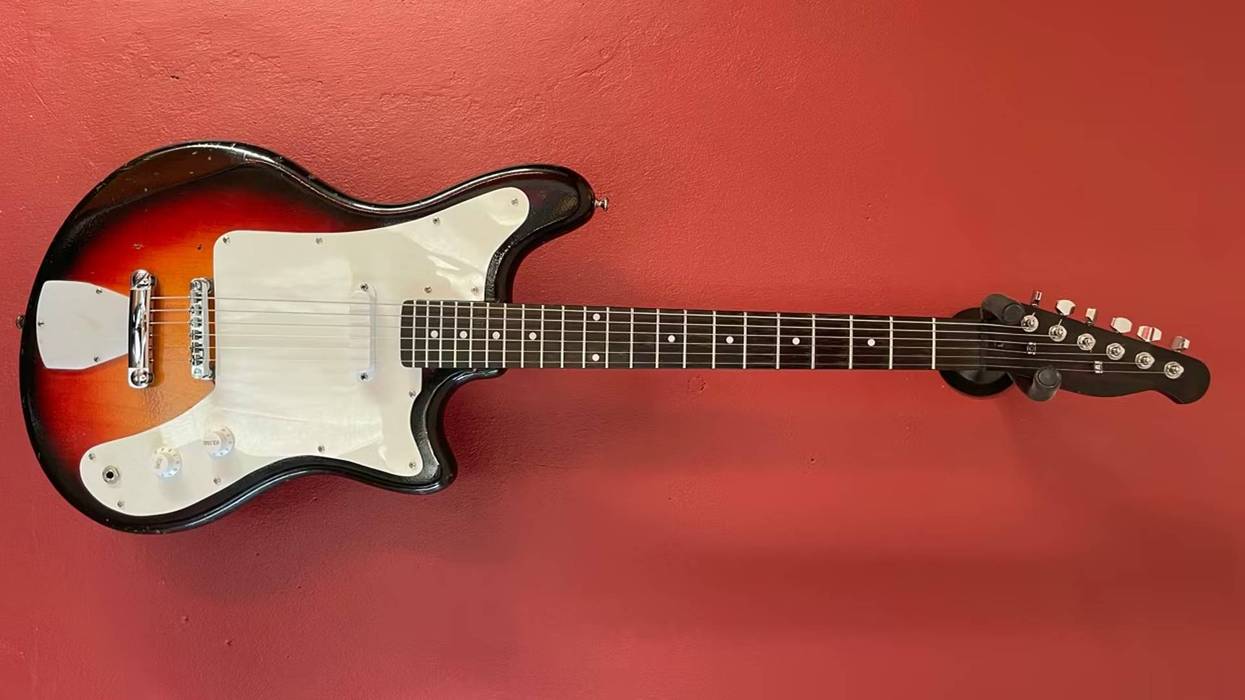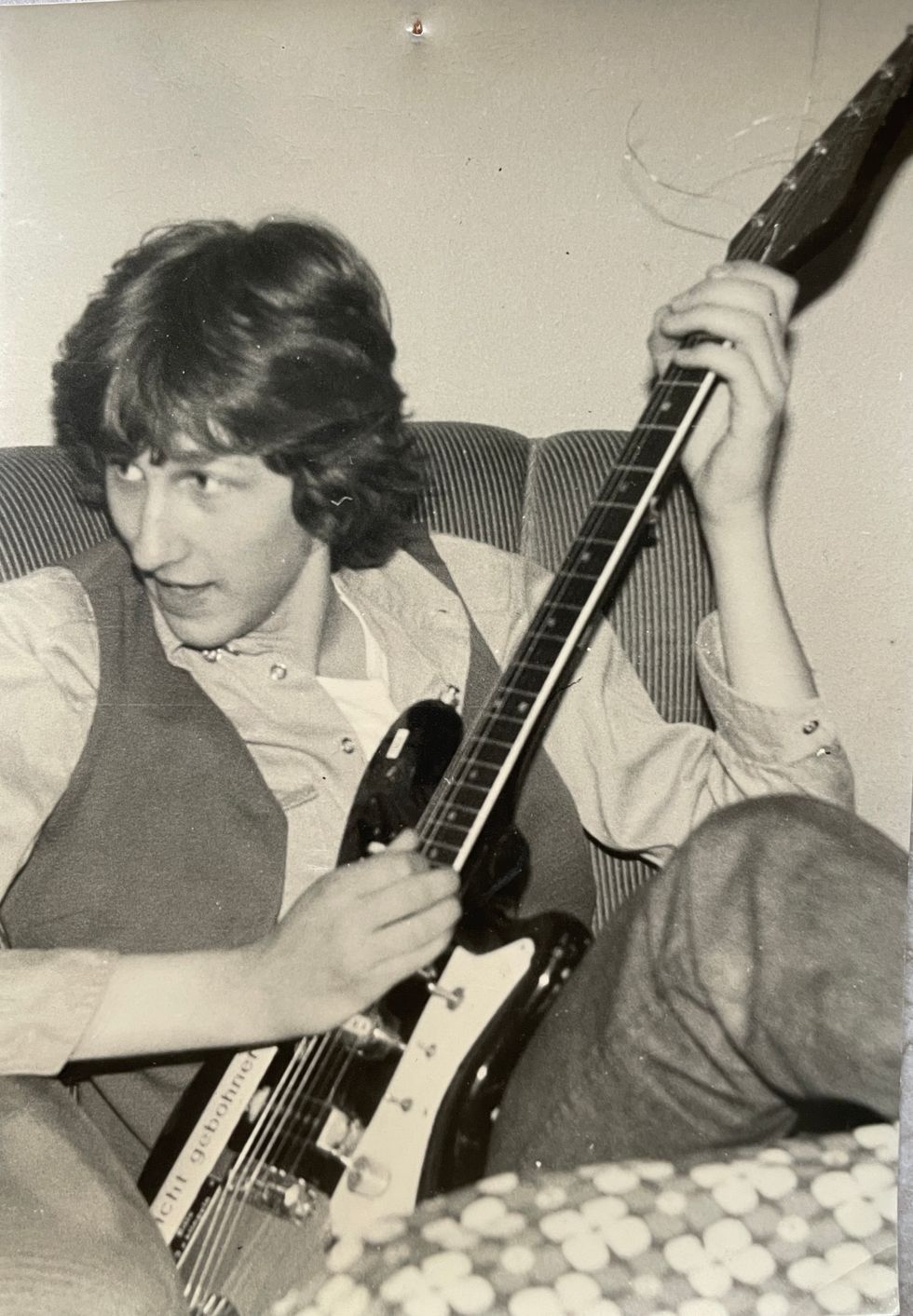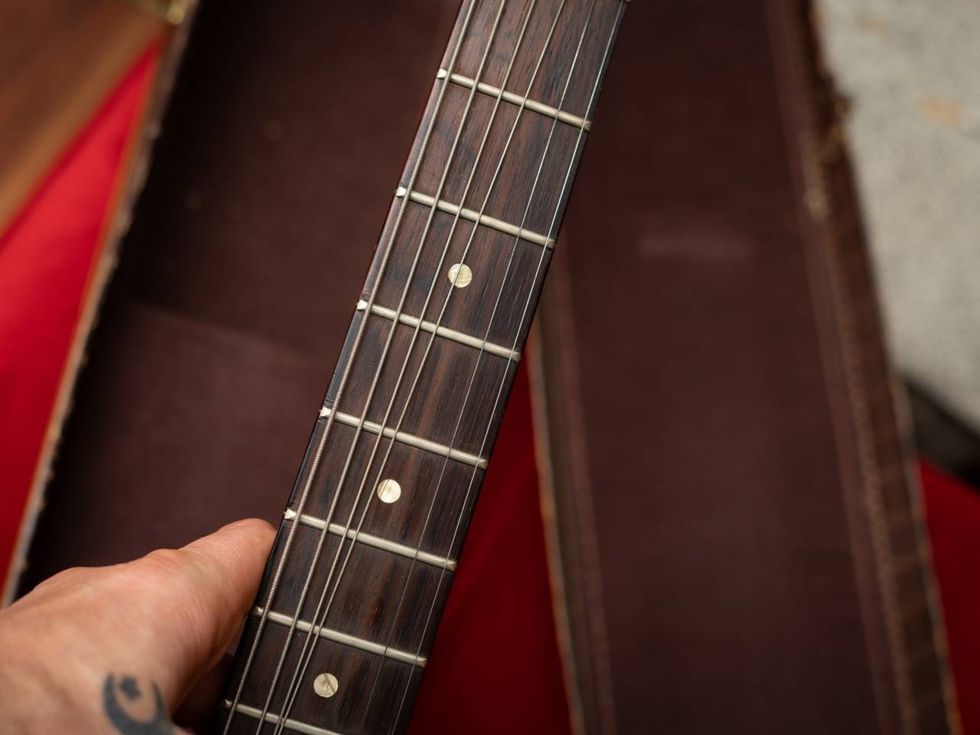What is tone? Guitarists speak of tone as though it is static, knowable, and reachable. This is a trick. The truth of the matter is that tone is in the moment, and the moment makes it matter. Can you remember the first time you heard a guitar sound that made you sit up and take notice?
For me, it was at the age of about 10. I was at summer camp and we were all marched into the gym for a “concert” performed by a camp counselor. Of course, we all wanted to go play and not sit inside a gymnasium listening to an adult torture us with music. The counselor produced a Gibson jazz box and plugged it into a small, combo amp. I’d never seen either of these things in person before. The program material was “Greensleeves” or something equally innocuous, but it really didn’t matter. What stunned our little brains first was the volume, and I wondered: How can such a little thing make so much sound? It seemed that the building’s windows would blow out. But what a sound it was! So round, so firm, so fully packed. I had to make it mine.
As a builder, I often speak with guitarists who are on a quest for such a mythical tone experience. Sure, some of my customers are concerned with ergonomics, features, and playability, but these things also serve the greater purpose of enabling creative expression. Nothing brings you closer to conveying emotion than great tone, but tone is personal. Tone is elusive and it changes with the weather. When you hear it on a recording, you think you know it. But when you recreate that sound yourself, all of your other senses stimulate you and twist your perception. This is always the case when it comes to tone. You can get close, but only on rare occasions can you hit the bullseye with any sort of consistency.
There’s another aspect to the pursuit of great tone. If you can’t use it, it’s not great at all. The best advice I ever got was when a session musician told me to listen to other instruments, or even learn how to play them. “Immerse yourself in saxophone,” he confided. “Geek out on Hammond organ, or spend a month listening to piano.” He said that divorcing one’s self from your primary instrument would allow you to understand it better when you got back together. So, I listened to jazz sax. I mean really listened—until I could recognize the different saxophones by pitch and hear the personality of different players. I also attempted to learn drums and keyboards. I suck at both, but it did make me understand that the tone in your head might not be the best for fitting in with other instruments.
I’ve been able to play thousands of guitars through tons of amps in almost every kind of environment. I have a pretty good grasp of where basic guitar sounds come from. This takes both time and experience, and you have to pay attention. Believe it or not, there’s something good inside even the worst guitar. Play everything you can get your hands on and keep a mental notebook of those sounds. Get comfortable playing with tones you don’t like, and go for the ones that work. This will make you a better player and the music will sound better, too. This practice has the added benefit of rendering any instrument usable.
From time to time, I think about that gymnasium moment and I imagine I can hear it again inside my head, exactly as I heard it then. This is the problem with tone. It’s like trying to mix paint to match the memory of your childhood bedroom. We all have a sound in our minds that is like our North Star. Over time we collect an entire constellation of reference sounds that swirl around in our mental galaxy, but we often refer to one that takes us back to the Big Bang. I think this is why we shuffle though instruments, amps, pickups, and pedals. Subconsciously, we are attempting to reach for a star. But be careful: Sometimes that Billy Corgan distortion won’t make the final mix even if it is your holy grail tone.




